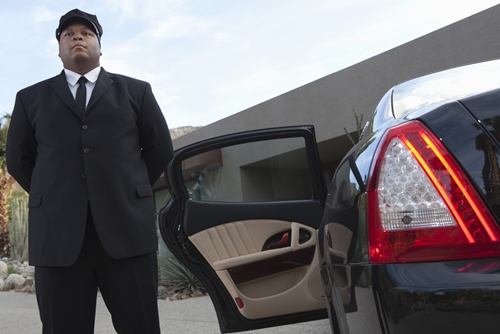Torrance, Calif.—April 7, 2017—Honda (NYSE:HMC) is recalling 37,421 cars equipped with potentially dangerous Takata airbag inflators. The recall affects 2003 Honda Accords.
Recall summary
An acknowledgment statement said this action, designated as National Highway Traffic Safety Administration (NHTSA) recall number 17V-220, deals specifically with vehicles that could already have endured a crash or other accident deploying the air bag.
The source said that the inflators in replacement modules for the passenger-side frontal air bags could accidentally rupture, leaving occupants at risk of injury from metal shards. As with the other Takata inflator recalls, this one concerns units where the risk is higher in humid environments.
Last May, NHTSA said that the Takata recall would eventually include as much as 68.8 million vehicles. Honda has repaired 51.64 percent of the total air bags included in the action, most of them being driver-side air bags.
The repair
Honda will notify owners, and dealers will inspect the vehicle and replace any Takata inflator used in the passenger frontal air bag module, free of charge. The recall is expected to begin May 1, 2017.
Is your vehicle part of the recall?
Over 37,000 vehicles were originally part of this recall. As of October 19, 2018, – the last date for which information was available – 8,653 airbags had been replaced. To see if your car still needs to be repaired, use MotorSafety’s free lookup tool.

